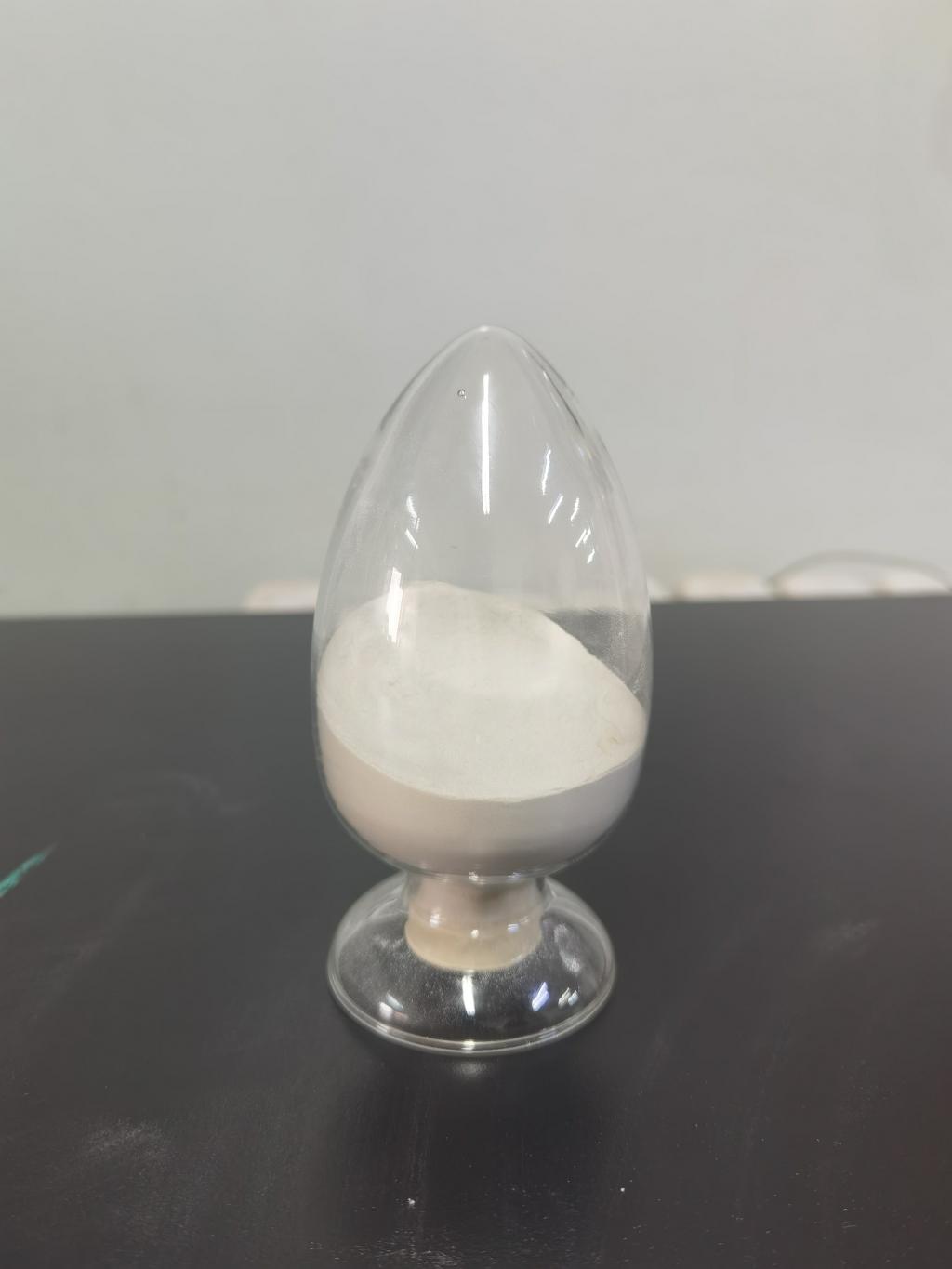Tel:+8618231198596

News
 CONTACT
CONTACT
 CONTACT
CONTACT
- Linkman:Linda Yao
- Tel: +8618231198596
- Email:linda.yao@dcpharma.cn
- Linkman:CHARLES.WANG
- Department:Overseas
- Tel: 0086 0311-85537378 0086 0311-85539701
News
Nisin's Role in Enhancing the Safety of Fermented Foods Worldwide
TIME:2024-02-05
Introduction:
Fermentation is a traditional food preservation method that relies on the activity of microorganisms such as bacteria, yeast, and molds to transform raw materials into stable, flavorful, and nutritious products. While fermentation imparts numerous positive attributes to foods, it also introduces the risk of microbial contamination. The need for effective preservation strategies has led to the discovery and utilization of antimicrobial agents, with nisin being a prominent example.
Nisin: Nature's Antimicrobial Peptide:
Nisin is a natural antimicrobial peptide produced by certain strains of the bacterium Lactococcus lactis. Discovered in the early 20th century, nisin gained attention for its ability to inhibit the growth of various pathogenic bacteria, particularly those responsible for spoilage and foodborne illnesses. Its safety for human consumption and the environment has made it a preferred choice in the food industry.
Mechanism of Action:
Nisin's antimicrobial activity stems from its ability to disrupt the integrity of bacterial cell membranes. It interacts with lipid II, a precursor molecule in bacterial cell wall synthesis, leading to membrane pore formation and eventual cell death. This mechanism of action is selective towards bacteria, making nisin an effective preservative while sparing beneficial microorganisms involved in the fermentation process.
Applications in Fermented Foods:
The versatility of nisin extends to a wide range of fermented foods, including dairy products, meats, vegetables, and beverages. In dairy fermentation, nisin inhibits the growth of spoilage bacteria and pathogens, contributing to the safety and extended shelf life of products like cheese and yogurt. Similarly, in fermented meats, nisin helps control the growth of harmful microorganisms, ensuring product safety without compromising taste and texture.
Global Impact on Food Safety:
As the demand for fermented foods continues to rise globally, ensuring their safety becomes paramount. Nisin has played a pivotal role in meeting this challenge by providing an effective, natural, and sustainable solution. Its global impact is evident in the widespread adoption of nisin in various food products, contributing to the reduction of foodborne pathogens and enhancing overall food safety.
Regulatory Considerations:
The use of nisin in food production is subject to regulatory scrutiny in many countries. International regulatory bodies, such as the Food and Agriculture Organization (FAO) and the World Health Organization (WHO), have established acceptable daily intake levels for nisin, ensuring its safe use in food applications. Understanding and adhering to these regulations are crucial for the responsible incorporation of nisin into fermented foods.
Challenges and Future Directions:
Despite its effectiveness, challenges exist in the application of nisin in fermented foods. These challenges include potential resistance development in target bacteria and the need for optimized formulations to enhance stability and efficacy. Ongoing research is focused on addressing these challenges and exploring new ways to maximize the potential of nisin in ensuring the safety of fermented foods.
Conclusion:
Nisin stands as a remarkable example of how nature's own antimicrobial peptides can be harnessed to enhance the safety of fermented foods globally. Its widespread use in various food applications underscores its effectiveness, safety, and versatility. As the food industry continues to evolve, nisin is likely to play an increasingly crucial role in meeting the demand for safe and high-quality fermented products, contributing to the enjoyment and well-being of consumers worldwide.
- Tel:+8618231198596
- Whatsapp:18231198596
- Chat With Skype







